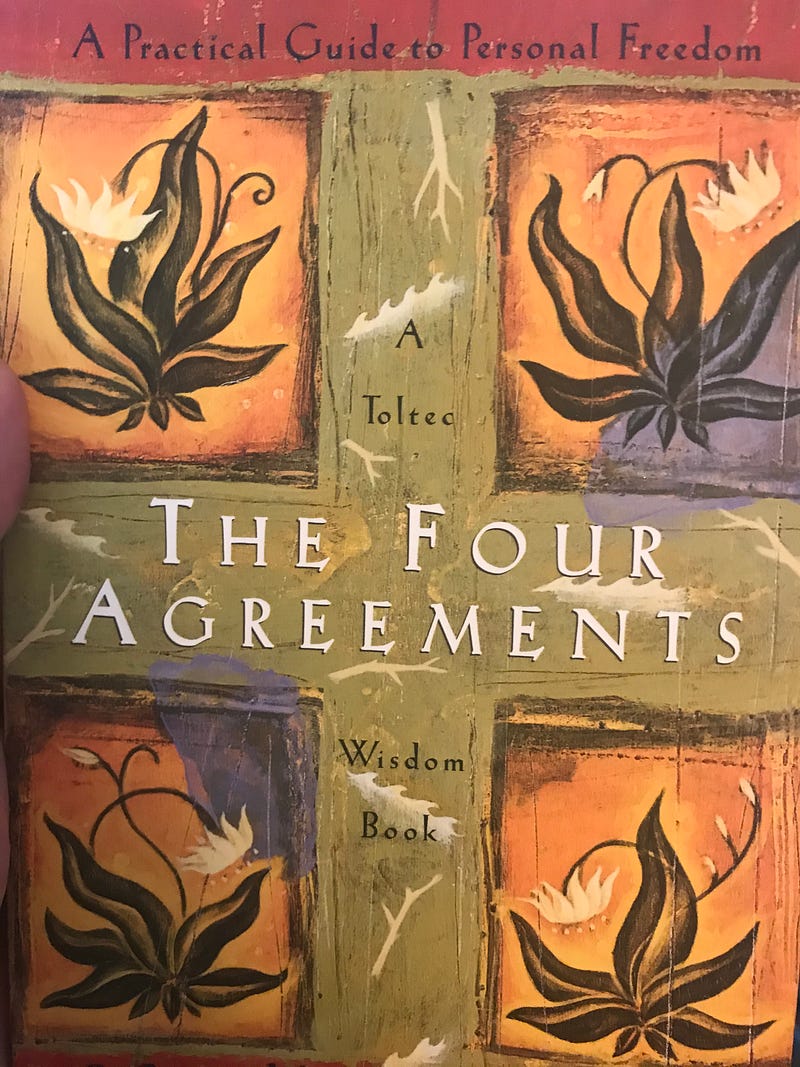In a world where we tally the benefits of dishonesty by the bottom line, we have yet to figure out how much it really costs us.
“Why would you admit that?!”, my mother boomed at me, “She didn’t know until you told her. Now one of us has to take off work to pick you up. You have to smarten up.”
The thing the teacher didn’t know was that I had forgotten to do my homework, a fact she likely would have overlooked if I hadn’t brought it up, and so I was destined for detention, when I could have simply kept my trap shut and saved everyone a lot of trouble.
Like many other chronically honest children, at some point, I found myself faced with a decision — adapt to the jungle or get eaten by the lions.
By adapting, and learning to lie well, we gain many things: the ability to fit into society better, to get out of trouble, to shift the blame, to make ourselves feel better, and even to make others feel better. In some ways, learning when to lie well really can feel like “smartening up.” As we get older, we also realize we have the ability to persuade, to sell, to confuse, and to manipulate. We gain much.
What we lose is far more precious.
Why We Lie

According to the Psychology Today article, “The Truth About Lying”, we receive mixed messages about lying almost from birth. Our families usually tell us as children to be honest, and that lying never pays, but society teaches us a different lesson from a very early age. According to the article, Leonard Saxe, Ph.D., a polygraph expert and professor of psychology at Brandeis University, says, “Lying has long been a part of everyday life. We couldn’t get through the day without being deceptive.”
And as adults the stakes get higher. Why do we lie as adults? According to the National Geographic article “Why We Lie: the Science Behind Our Deceptive Ways”, 22% -the single largest percentage of lies are told to cover up a misdeed, and 16% of lies are for economic advantage. We may tell ourselves that we’re lying to spare others’ feelings, but according to the study, those lies actually account for less than 2% of lies told.
It’s no wonder we learn early in our lives that those who tell us lying doesn’t pay may be the biggest fibbers of all. In fact, most of us learn to lie from authority figures, such as parents, bosses, teachers, celebrities, religious leaders, health care providers, and politicians, and from them we learn that lying often pays handsomely.

But if lying is simply a beneficial survival instinct why do we hate doing it so much?
It may be worth taking the time to examine what lies do to us- spiritually, emotionally, and physically.
Do Words Have Power?
An interesting book to examine is Don Miguel Ruiz’s The Four Agreements. There have been many books about the idea that through word, deed, and even thoughts, we draw certain people and opportunities to us — effectively creating our own reality, but this was the original.

The first of the four agreements is: “Be impeccable with your word.” Don Miguel Ruiz believes so strongly in this tenant, he said, making that one change alone could make a heaven of hell. This can have many different facets to it from telling the truth to refusing to gossip to stopping negative self-talk.
As Ruiz points out, words have been used to cure and have been used to cause disease, racism, misogyny, hatred, even kill millions and lead countries to war. Before readers dismiss these ideas as new age claptrap, this isn’t first time a spiritual teacher has stressed the importance of “the word.”
In Taoism, the Tao itself is defined as the word, the way, or the path. In Judaism, according to Psalm 33:9, “By the word of the Lord were the heavens made.” In Buddhism, the words and teachings of Buddha are known as “dharma” and are central to Buddhist life.

In Christianity, the Bible is considered the word of God, and understanding Scripture is central to Christian life. If heaven and earth were made by “the Word”, words seem to be pretty darn important.
How Health Is Impacted by Lying

We know there are negative emotional and spiritual consequences to lying, but are there negative physical consequences? According to the U.S. News and World Report article “How Lying Affects Your Health”, when one group of people was instructed to tell fewer lies over the course of a week, their health benefited. The study found that “In fact, telling three fewer minor lies a week translated to four fewer mental health complaints, and three fewer physical complaints.”
The health complaints may have been related to all the stress and energy required to keep lies going. A Psychology Today article “Want a Longer Healthier Life? Stop Lying”, suggests lying causes chronic stress, which is responsible for long-term memory loss, depleted fertility, loss of bone density, and can cause Type 2 diabetes, clinical depression, and premature aging. Yikes.
Breaking the Habit
Begin by eliminating three lies per week. Three times in one week, when you are about to speak an untruth, choose to tell the truth instead. Later, write each instance down (no one needs to see this but you). At the end of a month, grant yourself a reward for your hard work. It might be anything from a nice dinner out to a new pair of jeans.

After a month, eliminate three more lies per week. At this point in kicking the habit, you will probably be far more honest than most people around you. Write down how you feel about yourself. Proud? Free? Less heavy and worn down? Then write down how your life has changed, what new people have come into your life, and what opportunities have come your way.
While lying may provide some temporary advantages, long-term growth comes from choosing to be honest and compassionate with our words. In a world that becomes more dishonest by the day, practicing honesty is both an act of rebellion and a force for good.


